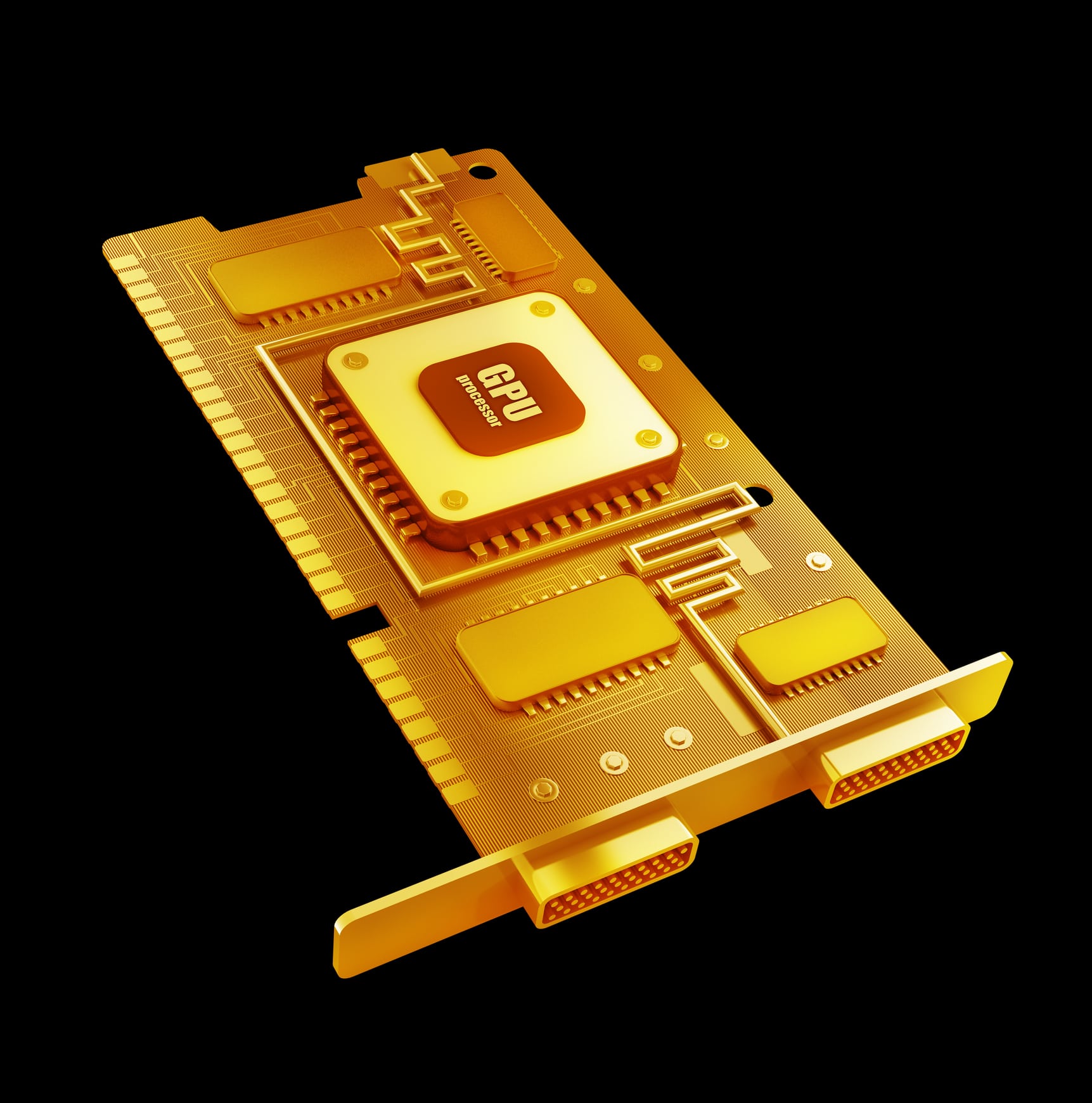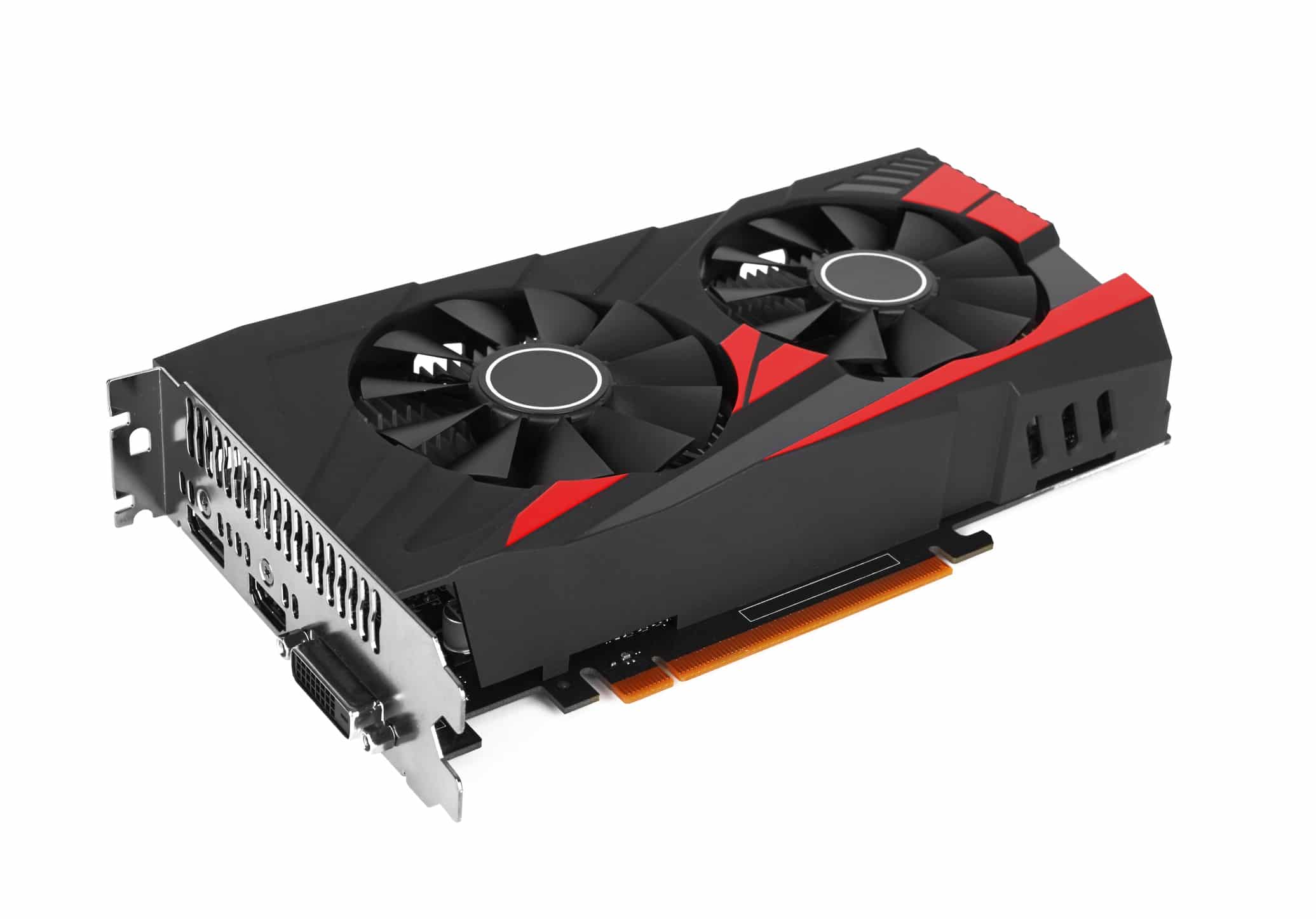Many customers are really pushing SilverLining to its limits, with dense cloud layers extending far to the horizon. Maintaining high framerates in these simulated conditions requires making smart choices in how you configure your cloud layers. Previously, we’ve posted performance...
It’s been awhile since we published a white paper! But we’ve got a new one ready for you: GPU-Accelerated Simulation of Complex Ocean Waves for Maritime Training. In this paper, we detail how the Triton Ocean SDK works its magic...
The SilverLining Sky, 3D Cloud, and Weather SDK version 5.064 was just released, and it includes some exciting performance improvements for customers using our OpenGL 3.2 renderer! Precipitation effects, including rain, sleet, snow, and mixed precipitation, now render over twice...
Version 4.33 of the Triton Ocean SDK for OpenGL and DirectX moves off the deprecated AMD APP SDK and onto the open-source SDK for OpenCL. This means Triton’s OpenCL support is no longer limited to AMD video cards; any vendor...
The work of Bransilav Milic has graced our site before; he’s remained at work creating cinematic-quality videos of flight using the X-Plane 11 flight simulator, and our 3D cloud add-on for it called SkyMaxx Pro. SkyMaxx Pro is built using...
With version 4.27, we now support NVidia’s CUDA Toolkit version 10.1! This gives the Triton Ocean SDK faster performance on NVidia-based systems, as well as better support of newer NVidia GPU’s including the RTX series (and any GPU that supports...
While Triton’s been getting most of the press on our blog lately (due to major updates to IPP and CUDA,) SilverLining has actually been seeing more development work and updates over the past few months. Here’s a summary of what’s...
Triton offers a “user shader” framework that allows you to extend Triton’s shaders, while keeping your integration code separate from ours. This can be incredibly useful if you need to integrate Triton with a proprietary lighting algorithm or deferred rendering...
While Triton relies on GPU-accelerated FFT transformations for its speed, it contains a fallback for systems that don’t support CUDA, OpenCL, or DirectCompute: Intel’s Integrated Performance Primitives. This gives us a highly parallelized CPU implementation of FFT’s, so Triton will...
Just a quick note that your libraries provided with SilverLining and Triton are all binary-compatible with applications built with the recent Visual Studio 2019 release. Both Visual Studio 2017 and Visual Studio 2019 are compatible with libraries built with Visual...











